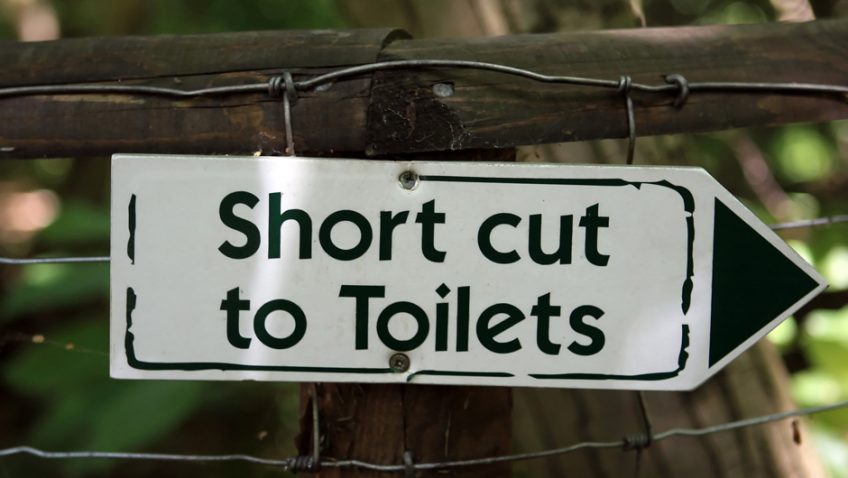Urinary incontinence is the unintentional passing of urine. It is a common problem and is thought to affect millions of people worldwide.
It’s not clear exactly how many people are affected, but it’s estimated that between 3 and 6 million people in the UK may have some degree of urinary incontinence.
Urinary incontinence affects both men and women, but it tends to be more common in women overall.
Signs and symptoms
The symptoms of urinary incontinence depend on the type you have.
There are several types of urinary incontinence, but the most common are:
- stress incontinence – when urine leaks out at times when your bladder is under pressure, for example when you cough or laugh
- urge incontinence – when urine leaks as you feel a sudden, intense urge to pass urine, or soon afterwards It is also possible to have a mixture of both stress and urge urinary incontinence.
What causes urinary incontinence?
The causes of urinary incontinence depend on the type.
Stress incontinence is usually the result of the weakening or damaging of the muscles used to prevent urination, such as the pelvic floor muscles and the urethral sphincter.
Urge incontinence is usually the result of over activity of the detrusor muscles, which control the bladder.
Certain things can increase the chances of urinary incontinence developing, including:
- obesity
- a family history of incontinence
- increasing age – although incontinence is not an inevitable part of ageing
Seeking medical advice
Although you may feel embarrassed talking to someone about your symptoms, it’s a good idea to see your GP if you have any type of urinary incontinence as this can be the first step towards finding a way to effectively manage the problem.
Urinary incontinence can usually be diagnosed after a consultation with your GP, who will ask about your symptoms and may carry out a pelvic examination (in women) or rectal examination (in men).
Your GP may also suggest you keep a diary in which you note how much fluid you drink and how often you have to urinate.
Treatment
Initially, your GP may suggest some simple measures to see if they help improve your symptoms. These may include:
- lifestyle changes, such as losing weight and cutting down on caffeine and alcohol
- pelvic floor exercises (exercising your pelvic floor muscles by squeezing them)
- bladder training (where you learn ways to help you wait longer between needing to urinate and passing urine)
Minor problems can be dealt with by over the counter pads and pants of which there are many on the market.
While we may feel embarrassed it is better to use a product than suffer a” little accident.”





